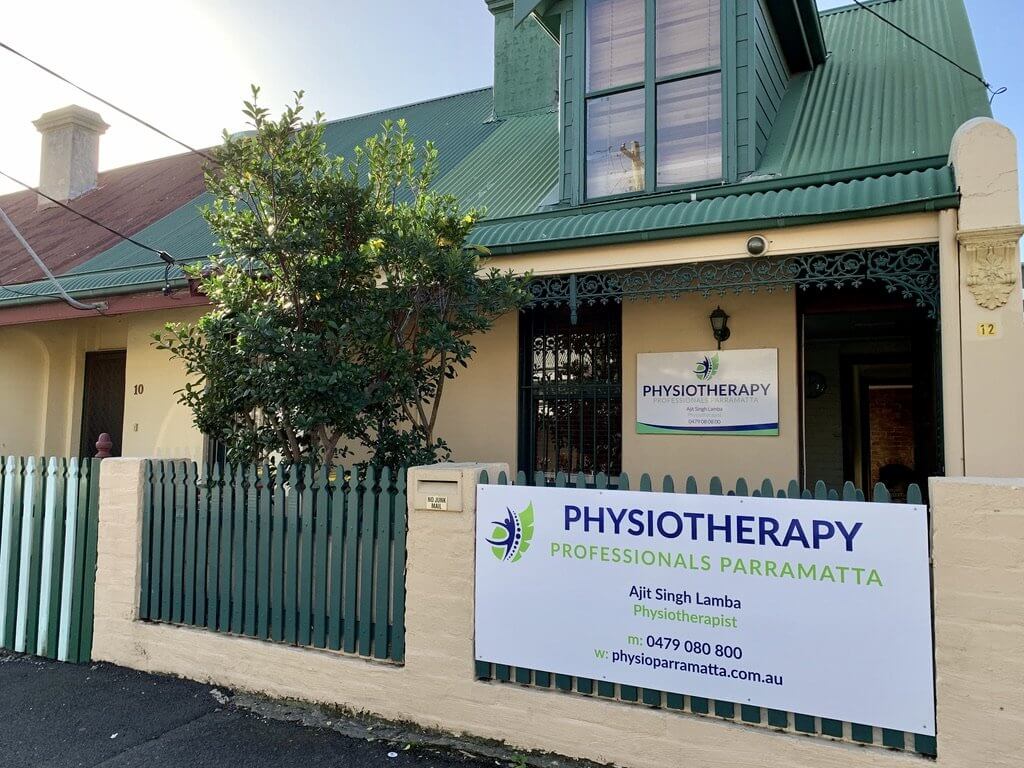Why whiplash treatments can fail

Why whiplash treatments can fail?
Whiplash is an incredibly common and complex motor vehicle accident injury, and one that can significantly diminish quality of life. Unfortunately whiplash treatment programs don’t always successfully resolve symptoms, leaving some patients with prolonged or chronic pain and disability. Why do whiplash treatments fail to work for some people?
Neck pain and associated neck disorders resulting from motor vehicle accidents are referred to clinically as whiplash-associated disorders (WAD), and are graded on a scale of severity from 1 to 4 (with 4 being the highest). The majority of whiplash cases are classified as a WAD Grades I-III, meaning that the patient displays no signs or symptoms of a major structural injury to the neck. In other words, these are injuries that don’t require invasive interventions such as surgery. Instead, patients with Grade I-III whiplash are cared for using conservative treatment strategies involving physical rehabilitation, patient education, and over-the-counter medication when warranted (such as anti-inflammatories and muscle relaxants).
Although treatment guidelines exist, clinical management of Grade I-III whiplash injuries can still be a challenge. The majority of these whiplash cases are time-limited, recovering within 3-6 months. But a small subset of these patients go on to suffer prolonged or chronic pain and disability. Chronic neck pain considerably reduces quality of life, work productivity and participation in daily activities.
Chronic whiplash is a major concern for patients, for motor vehicle accident insurance providers, and for the health care system.
So why do recommended whiplash treatment strategies fail to work for a small population of otherwise ‘typical’ Grade I-III whiplash patients? Are you at risk of chronic whiplash?
Risk Factors Associated with Treatment Failure:
Patient risk factors for whiplash treatment failure include:
- Patient age. Older patients are more at risk of chronic whiplash symptoms.
- Prior history of neck pain.
- High levels of initial pain and disability following the car accident.
- Patient psychological factors:
- Patient is pessimistic about their recovery.
- Patient shows symptoms of an acute stress disorder within the first 4 weeks of injury.
- Patient has a poor mood or feels depressed about their pain and disability.
- Patient experiences anxiety or fear about their injury.
- Patient acts helpless about their injury and wants someone else to solve the problem for them (passive coping).
- Patient avoids activities due to fear of further pain or injury (kinesiophobia).
In addition to patient factors, there are additional factors that could be playing a role in treatment failure.
Other Factors Leading To Treatment Failure:
In some cases a misunderstanding about a patient’s true underlying condition might make it appear that treatment is failing. If a patient’s whiplash-associated disorder is improving too slowly, not improving at all, or worsening, this could actually be a sign of a more severe injury than originally assessed, an occult condition, or an ineffective program of care.
Factors that may be contributing to whiplash treatment failure include:
- Whiplash injuries are more severe than they first appeared. More serious whiplash injuries are slower to recover. If the injury is assessed as a Grade I or II when it is in fact a Grade III, it may look like the patient is recovering more slowly than normal. More importantly, if a major structural injury was missed (Grade IV), surgery or other invasive procedure may be needed.
- An occult condition. If a whiplash injury is failing to improve there is a chance that another injury or condition is contributing to, or is entirely responsible for, the neck symptoms. A physiotherapist or other health care provider can often rule out other potential causes for the neck pain and disability, including:
- Bone fracture or dislocation in the spine. This can be flagged through a c-spine examination.
- Brain injury. An intense and rapid onset of headache may be a flag.
- A history of cancer, unexplained weight loss, pain during the night, and being over 50 can be risk factors.
- Damage to carotid or vertebral arteries. Intense and rapid onset headache or pain in the neck may be flags.
- Inflammatory arthritis. Stiffness and swelling in joints may be a flag.
- Myelopathy (a progressive neurological condition). Neck pain and stiffness, arm pain and weakness, sensory changes in the legs, weakness, over-reactive reflexes and other symptoms may be flags.
- Osteoporotic fractures. A history of osteoporosis, use of corticosteroids and older age may be risk factors.
- Vertebral infection. Fever, IV drug use, and recent infection may be risk factors or flags.
- A focus on ineffective treatments methods. Recommended treatment practices can vary depending on the patient and their injuries, but it should typically include multimodal therapy involving a combination of exercise therapy, patient education, patient reassurance, and encouragement to stay physically active. Other modalities such as hands-on mobilization or manipulation and clinical massage can also be effective, whereas use of cervical collars, electro-modalities, relaxation massage, and use of only a single (rather than multimodal) therapeutic approach is not recommended.
What can you do, if your whiplash is not improving?
Keep optimistic, participate in your therapy, and keep active and involved in your daily life and work (if possible). This is immensely important. The majority of patients with a whiplash-associated disorder do get better, although it can take a number of months.
But it’s not just about grinning and bearing it. Be involved in directing your program of care: discuss changes in your symptoms and your progress at every visit with your physiotherapist or other rehabilitation provider.
If you feel that you are recovering slowly you may wonder if the type, intensity or frequency of your therapy should be altered. Or perhaps you’ve heard stories of other people’s experiences with their whiplash rehabilitation and wonder if you’d be better off with a different therapist. Discuss it with your therapist, but don’t become preoccupied with the notion of an ‘ideal’ rehabilitation program. There is no one treatment program that is suitable for everyone.
At our clinic here in Parramatta, whiplash treatment programs can vary in intensity, frequency and duration, depending on the patient, their injury and their needs. More intensive and more frequent is not always better, and in some cases can actually be counterproductive.
With the help of your rehabilitation provider, set realistic expectations for your recovery. If you feel you are not achieving these mutual expectations, bring it up with them as well as your GP. In rare cases you may need referral to another specialist to further investigate the source of your symptoms.
Contact Us:
Do you need assistance with your injury? Experienced Physiotherapists with essential knowledge. You can call us anytime to have a confidential discussion with our expert Physiotherapists. For more information on how we can further assist you, please call our clinic number on 0479 080 800 or send us an email on [email protected] for further details. Our Physiotherapists are Medicare, NDIS, DVA and Work Cover approved, specialising in injury management and rehabilitation to get you back on track.


